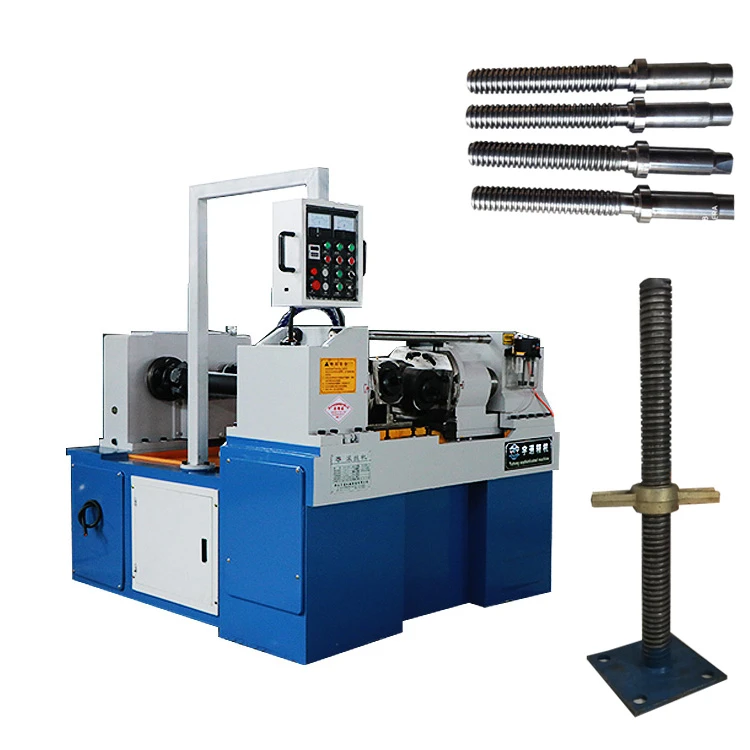
-
 Afrikaans
Afrikaans -
 Albanian
Albanian -
 Amharic
Amharic -
 Arabic
Arabic -
 Armenian
Armenian -
 Azerbaijani
Azerbaijani -
 Basque
Basque -
 Belarusian
Belarusian -
 Bengali
Bengali -
 Bosnian
Bosnian -
 Bulgarian
Bulgarian -
 Catalan
Catalan -
 Cebuano
Cebuano -
 Corsican
Corsican -
 Croatian
Croatian -
 Czech
Czech -
 Danish
Danish -
 Dutch
Dutch -
 English
English -
 Esperanto
Esperanto -
 Estonian
Estonian -
 Finnish
Finnish -
 French
French -
 Frisian
Frisian -
 Galician
Galician -
 Georgian
Georgian -
 German
German -
 Greek
Greek -
 Gujarati
Gujarati -
 Haitian Creole
Haitian Creole -
 hausa
hausa -
 hawaiian
hawaiian -
 Hebrew
Hebrew -
 Hindi
Hindi -
 Miao
Miao -
 Hungarian
Hungarian -
 Icelandic
Icelandic -
 igbo
igbo -
 Indonesian
Indonesian -
 irish
irish -
 Italian
Italian -
 Japanese
Japanese -
 Javanese
Javanese -
 Kannada
Kannada -
 kazakh
kazakh -
 Khmer
Khmer -
 Rwandese
Rwandese -
 Korean
Korean -
 Kurdish
Kurdish -
 Kyrgyz
Kyrgyz -
 Lao
Lao -
 Latin
Latin -
 Latvian
Latvian -
 Lithuanian
Lithuanian -
 Luxembourgish
Luxembourgish -
 Macedonian
Macedonian -
 Malgashi
Malgashi -
 Malay
Malay -
 Malayalam
Malayalam -
 Maltese
Maltese -
 Maori
Maori -
 Marathi
Marathi -
 Mongolian
Mongolian -
 Myanmar
Myanmar -
 Nepali
Nepali -
 Norwegian
Norwegian -
 Norwegian
Norwegian -
 Occitan
Occitan -
 Pashto
Pashto -
 Persian
Persian -
 Polish
Polish -
 Portuguese
Portuguese -
 Punjabi
Punjabi -
 Romanian
Romanian -
 Russian
Russian -
 Samoan
Samoan -
 Scottish Gaelic
Scottish Gaelic -
 Serbian
Serbian -
 Sesotho
Sesotho -
 Shona
Shona -
 Sindhi
Sindhi -
 Sinhala
Sinhala -
 Slovak
Slovak -
 Slovenian
Slovenian -
 Somali
Somali -
 Spanish
Spanish -
 Sundanese
Sundanese -
 Swahili
Swahili -
 Swedish
Swedish -
 Tagalog
Tagalog -
 Tajik
Tajik -
 Tamil
Tamil -
 Tatar
Tatar -
 Telugu
Telugu -
 Thai
Thai -
 Turkish
Turkish -
 Turkmen
Turkmen -
 Ukrainian
Ukrainian -
 Urdu
Urdu -
 Uighur
Uighur -
 Uzbek
Uzbek -
 Vietnamese
Vietnamese -
 Welsh
Welsh -
 Bantu
Bantu -
 Yiddish
Yiddish -
 Yoruba
Yoruba -
 Zulu
Zulu
Efficient Operation of Custom Thread Rolling Machines for Optimal Performance
Understanding the Working of Custom Thread Rolling Machines
In the manufacturing and machining industries, the process of creating precise threads is crucial for ensuring the integrity and functionality of fasteners and other mechanical components. Among the various methods available, thread rolling has emerged as a preferred technique, especially when precision and efficiency are paramount. Custom thread rolling machines are tailored to meet specific production needs, optimizing both the quality and speed of thread creation. This article explores the workings of these specialized machines and their advantages in modern manufacturing.
The Basics of Thread Rolling
Thread rolling is a cold working process that involves the displacement of material rather than its removal, which is a common characteristic of machining processes. Instead of cutting threads into a workpiece, thread rolling uses two or more cylindrical dies that rotate and apply pressure onto the piece, deforming the material to form the desired thread profile. This method can create threads for a variety of applications, from bolts to screws, providing an efficient alternative that yields better mechanical properties.
Customization of Thread Rolling Machines
Custom thread rolling machines are designed to accommodate the unique specifications and requirements of different threading tasks. Various factors such as the size of the workpiece, the type of thread (internal or external), and the material being used can dictate the configuration of the machine. Engineers and manufacturers can specify parameters like die shape, rolling speed, and the overall footprint of the equipment, ensuring that it aligns perfectly with their production goals.
Components of a Custom Thread Rolling Machine
The effectiveness of a custom thread rolling machine largely depends on its components and how they interact during the threading process. Key components typically include
1. Rolling Dies These are the heart of the machine, shaped to create specific thread profiles. They can be designed with various pitches, depths, and geometries to accommodate different threading needs.
2. Drive Mechanism This consists of motors and gears that control the speed and feed of the dies and the workpiece. A controlled feed ensures uniform thread formation across the entire length of the workpiece.
custom thread rolling machine working

3. Work Holding Device Properly securing the workpiece during the rolling process is crucial. Custom machines often feature adjustable clamps or fixtures that can handle different shapes and sizes.
4. Control System Modern machines are equipped with computerized control systems that allow for precision operation. Programmable interfaces enable manufacturers to input specific parameters, monitor the rolling process, and implement real-time adjustments.
Advantages of Thread Rolling
The advantages offered by custom thread rolling machines extend beyond precision. Here are several key benefits
- Improved Strength Cold working increases the tensile strength of the material, making the finished threads more robust compared to traditional machining, where material is removed.
- High Production Rates Thread rolling is typically faster than cutting methods. Once set up, machines can produce threads rapidly, reducing lead times.
- Cost-Effectiveness Although there may be a higher initial investment in custom machines, the reduction in material waste and faster production times can lead to significant cost savings over time.
- Versatility Custom machines can be designed for a wide variety of applications and can easily adapt to produce different thread sizes and types without extensive retooling.
Conclusion
Custom thread rolling machines represent a significant advancement in the field of precision manufacturing. By utilizing a unique combination of engineering, technology, and design, they provide solutions for producing high-quality threaded components efficiently. As industries continue to demand more precision and speed, the role of custom thread rolling machines is likely to grow, solidifying their position as an indispensable tool in modern manufacturing processes. Understanding their workings helps manufacturers leverage these machines to enhance productivity and maintain competitive advantage in an ever-evolving marketplace.
